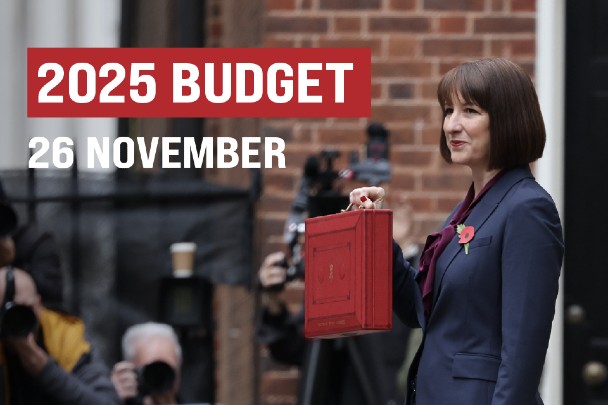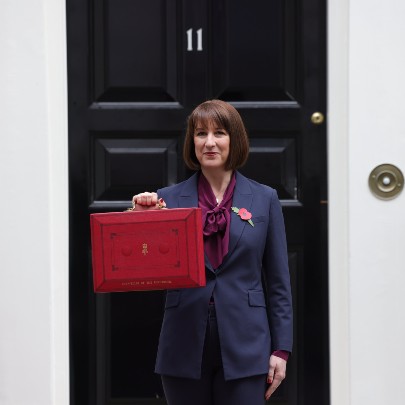November 26, 2025
Significant economic and political pressures meant that the Budget was expected to be a tax-increasing one, however it seems that many of these costs will again land at the foot of businesses as the Chancellor seeks to maintain pre-election pledges.
For most GS1 UK members, today’s announcements will do little to ease immediate concerns and boost growth. All while storm clouds gather once again in the distance, with lower growth forecasts and many tax increases deferred to 2027 and beyond.
There is however some light shining through the clouds ahead, with protections for capital spending through a permanent 40 per cent first-year allowance and action on youth-employment, stamp duty as well as national infrastructure. These measures, alongside falling energy bills, offer some optimism and stability as businesses plan for the future.

Key measures announced
The Chancellor confirmed that the National Living Wage will rise to £12.71 per hour from April 2026, increasing wage costs for employers.
While these steps aim to protect household incomes, they will add pressure to operating margins of many businesses still dealing with increased NI costs from previous years.
In addition to this, increased taxes elsewhere from dividends to salary sacrifice changes will leave many businesses scratching their heads, as HMT has yet to work out the finer details of implementation.
Beyond these headline measures, the Budget introduced sector-specific commitments that will influence priorities for our members.
One example is the extension of the sugar tax to packaged milk-based drinks, requiring reformulation by 2028. This adds complexity for food and beverage brands and will mean new Global Trade Item Numbers (GTINs) for affected products.
Looking ahead
The Autumn Budget reinforces a clear message: businesses will need to do more with less. Rising costs and regulatory pressures will test resilience, while opportunities for investment and modernisation will require careful planning.
For SMEs, retail, healthcare and construction, the challenge will be balancing immediate operational needs with long-term transformation.



